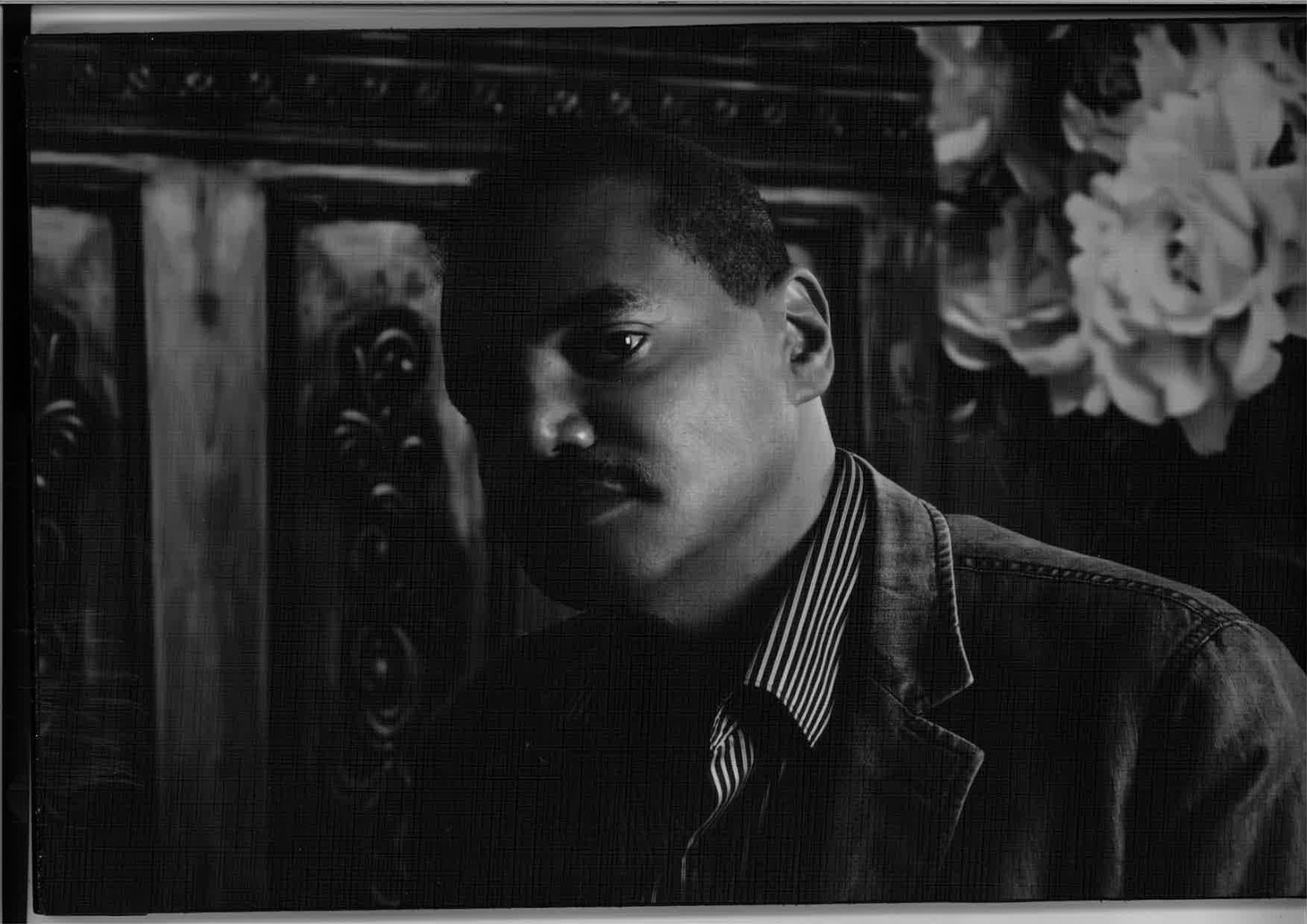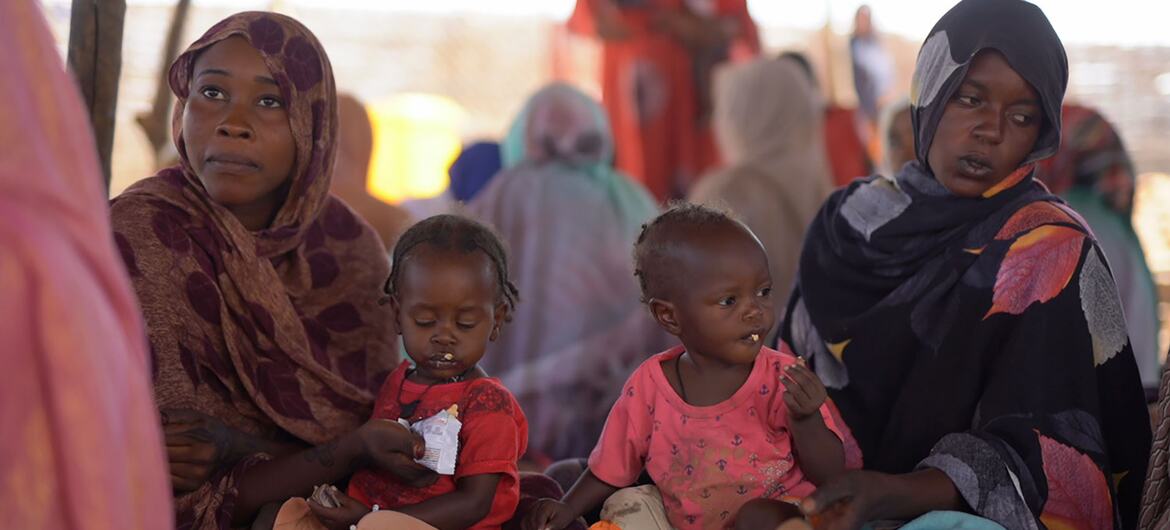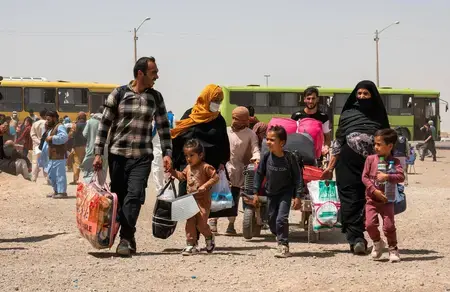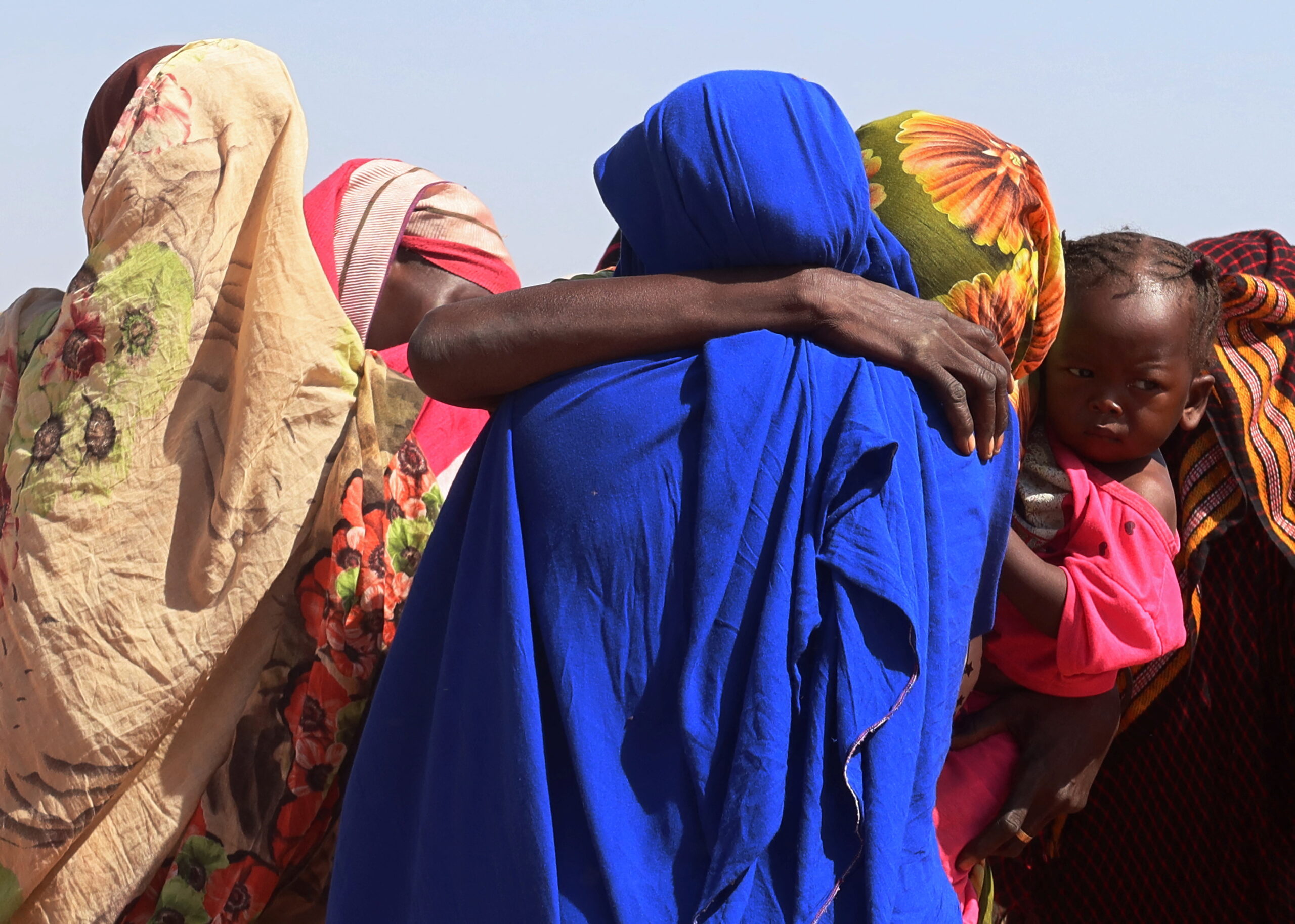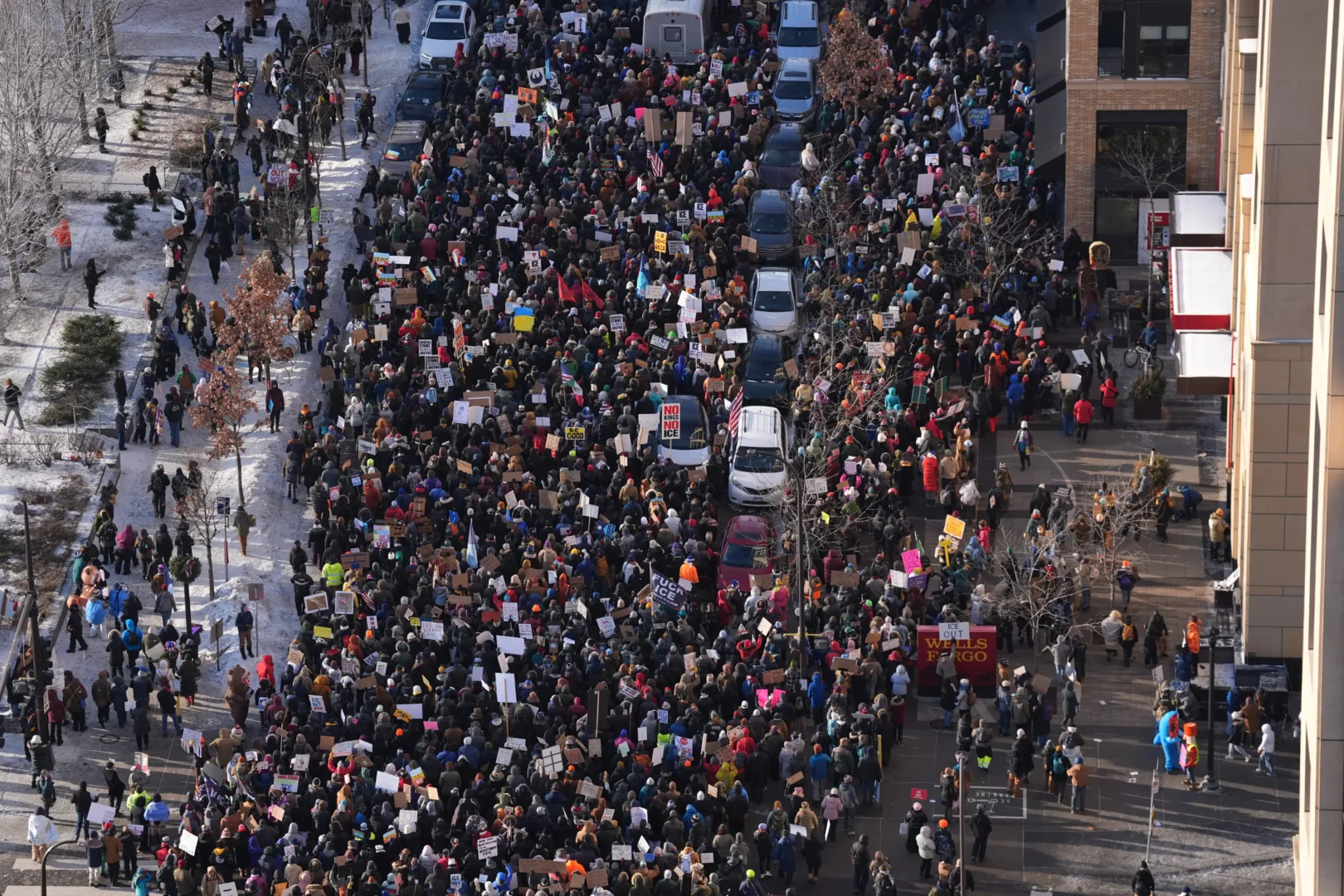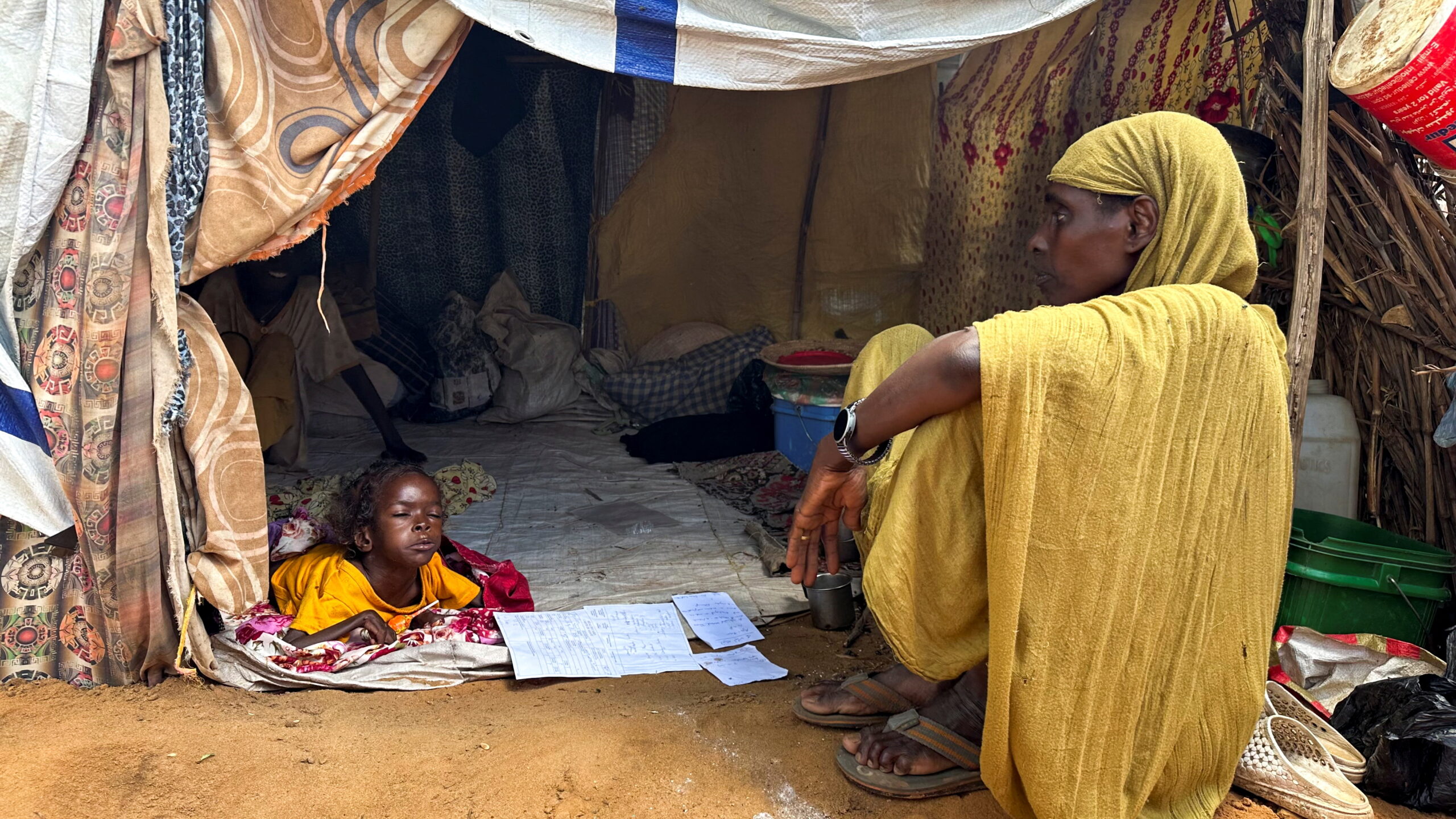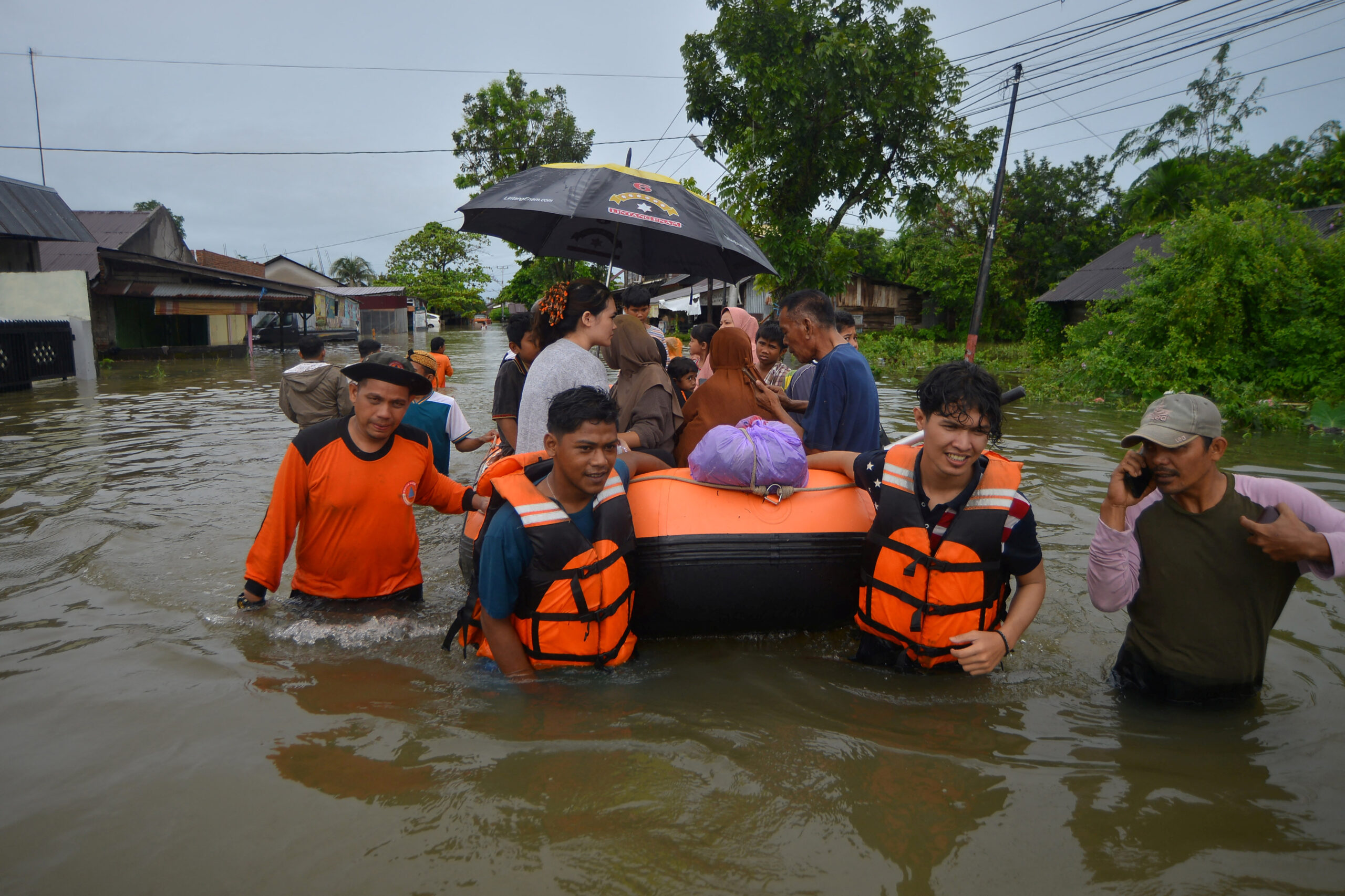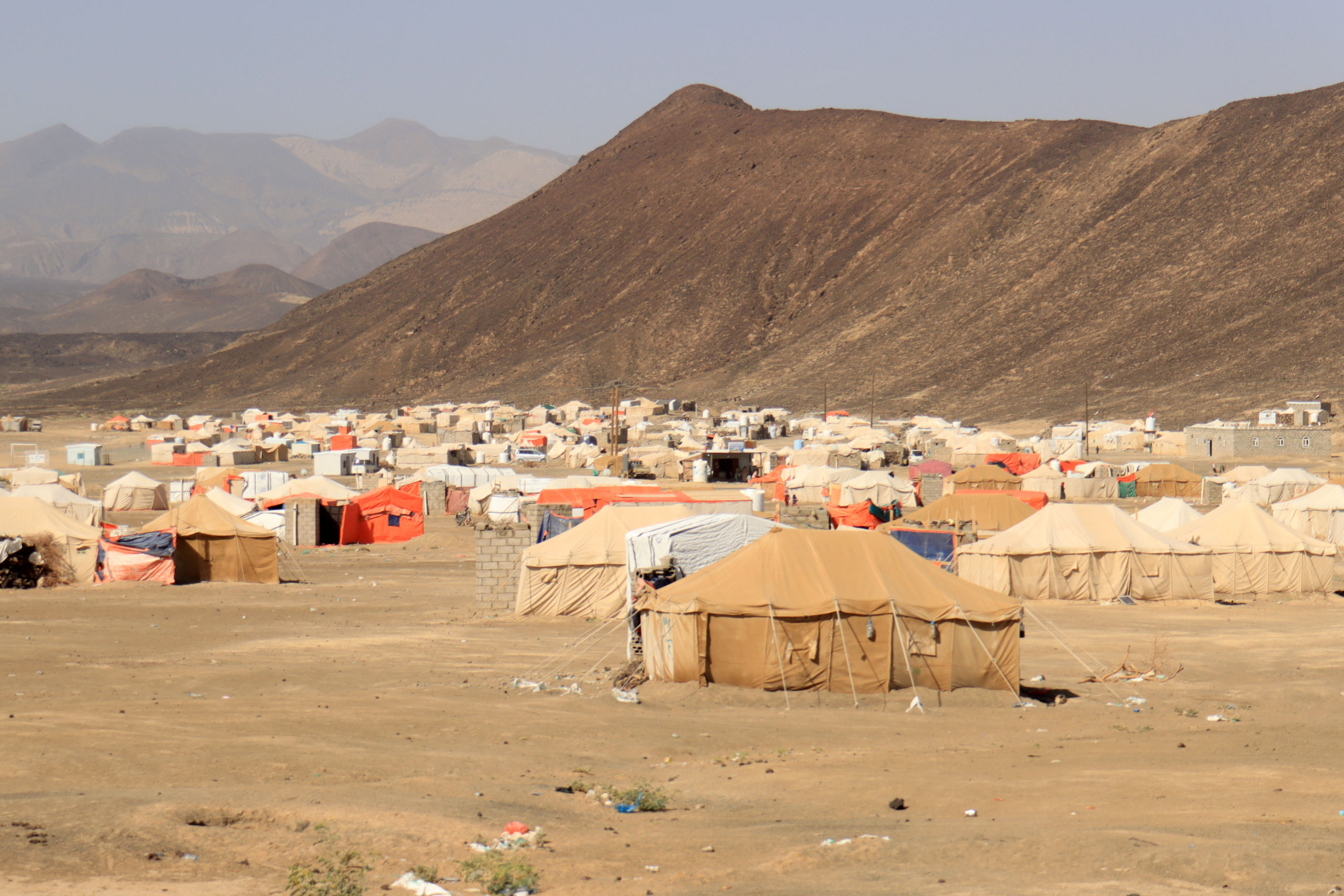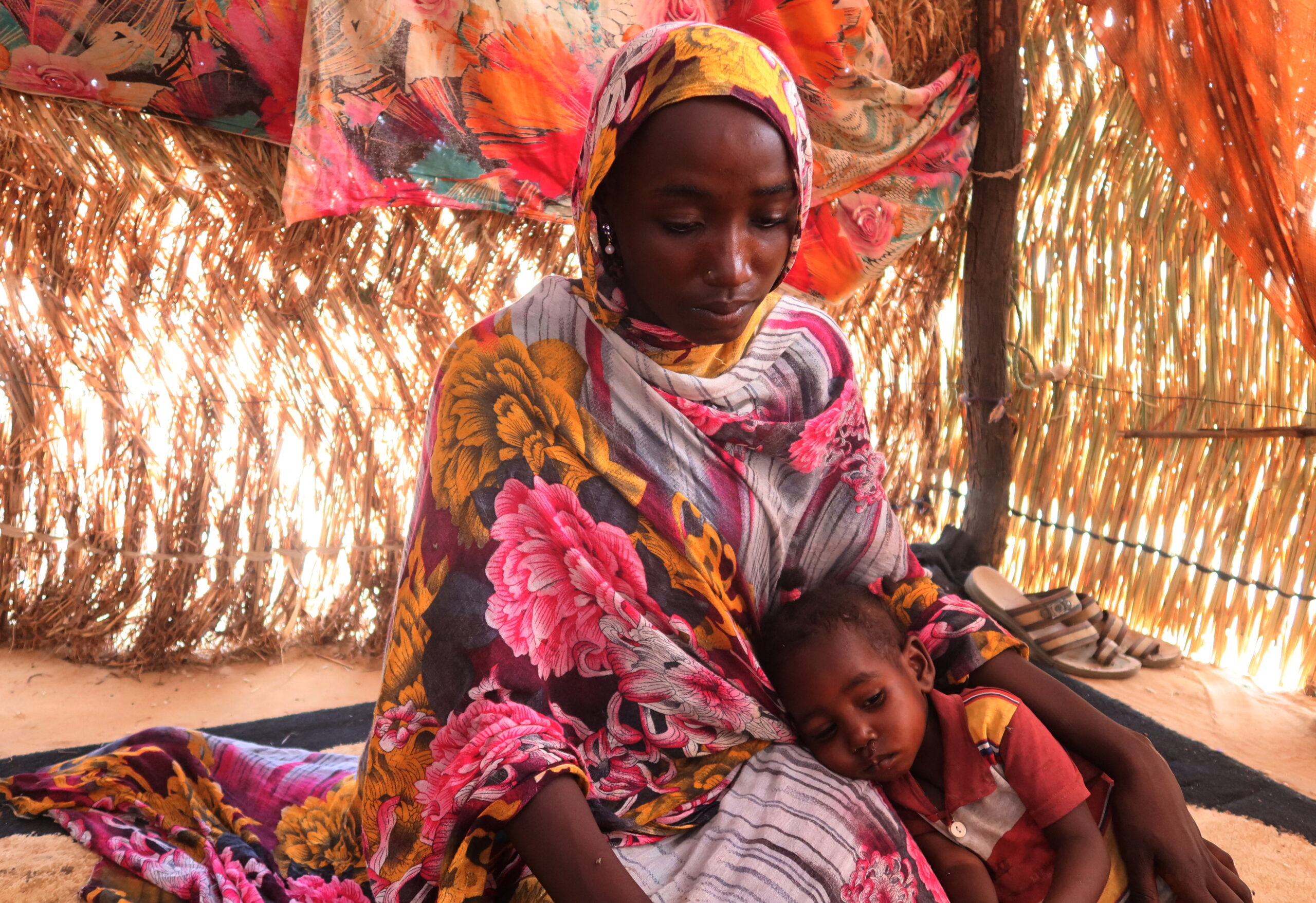Humanitarian Reflection on Senegal Thiaroye Massacre
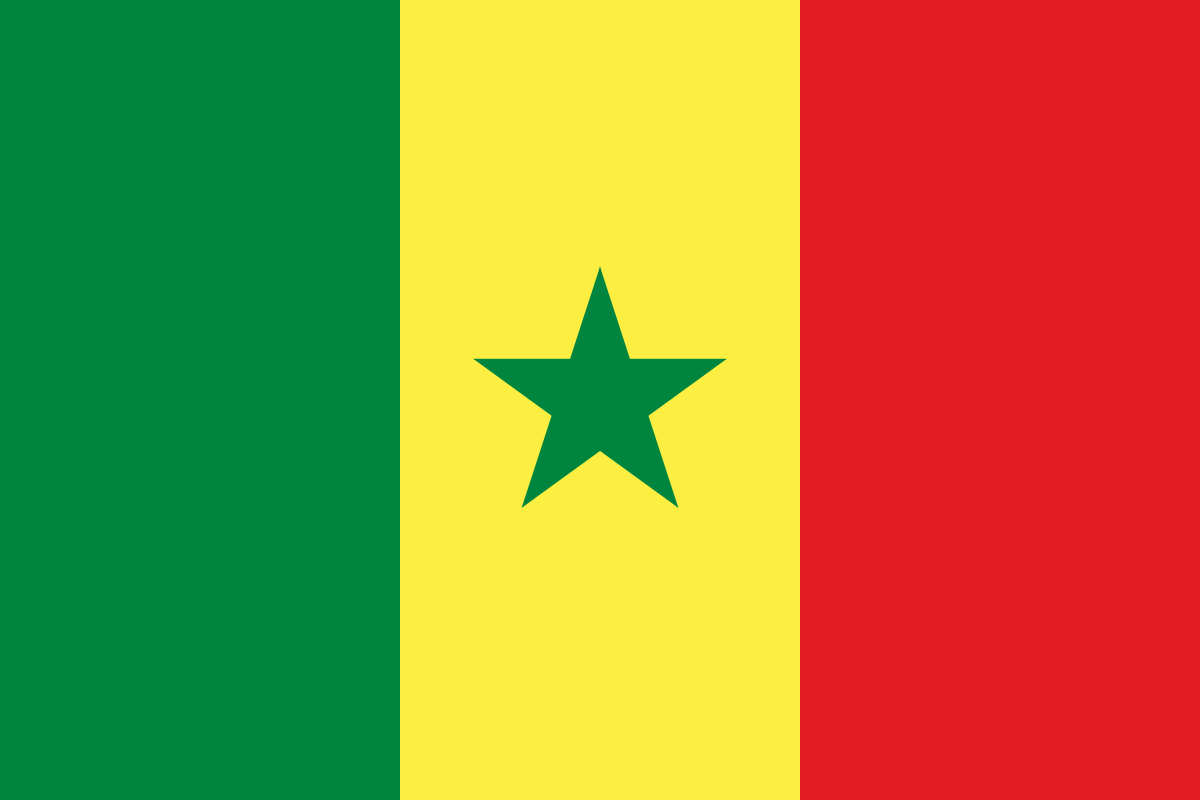
For many in France, the Thiaroye massacre has remained a silent and neglected aspect of their colonial past.
Today, December 1, 2024, Senegal holds a solemn state ceremony to mark the 80th anniversary of one of the darkest chapters of its colonial history—the Thiaroye massacre. This marks the first time the nation has officially recognized and reflected on the tragic event, where French colonial forces opened fire on African soldiers who had fought alongside France during World War II. The ceremony, set to take place at the site of the massacre in Thiaroye, Dakar, will serve as both a remembrance and a moment of reckoning for the victims and their families.
The massacre occurred on December 1, 1944, when French troops and police responded to a protest by African soldiers, who had been promised pay and recognition for their role in the war against Nazi Germany. Many of these soldiers, returning to Senegal after serving in Europe, were met with harsh conditions and denied the wages they had been promised. As a result, they staged a protest in the Thiaroye military camp, demanding justice. What followed was a brutal assault: French colonial forces opened fire on the unarmed men, killing at least 35, though the true number of victims may have been much higher. Dozens more were wounded, and many others were arrested or disappeared.
The soldiers at Thiaroye had fought for the French against the Nazis, yet upon returning home, they were treated with disdain, neglected, and denied what was rightfully theirs. The massacre was not just an isolated tragedy, but a symbol of the systematic mistreatment and betrayal faced by African soldiers under colonial rule. Many of these soldiers had left their homes to fight for a cause that promised freedom and democracy, only to return to a land where they were subjected to racism, exploitation, and violence.
The massacre at Thiaroye has long been a painful chapter in the history of French colonialism, largely ignored by the authorities in both France and Senegal for decades. Despite its significance, the event was downplayed, and its survivors were left without recognition or justice. It is only now, 80 years later, that Senegal has chosen to officially confront this painful legacy.
The commemoration in Thiaroye represents a significant moment in Senegal’s ongoing process of coming to terms with its colonial past. President Bassirou Diomaye Faye of Senegal has invited French President Emmanuel Macron to attend the ceremony, signaling an opportunity for France to confront the painful history it shares with its former colonies. The French president has faced increasing scrutiny over his handling of colonial-era issues.
While the invitation to Macron is a gesture towards reconciliation, it also highlights the complex and often fraught relationship between France and its former African colonies. The ceremony includes survivors, their families, and Senegalese citizens, all of whom seek recognition and justice for those who perished in the massacre. It will be a moment not only of mourning but of acknowledgment that this chapter of history cannot remain buried any longer.
In recent weeks, there has been a growing call within France for a formal investigation into the events at Thiaroye. On November 27, 2024, over 100 members of the French National Assembly signed a petition demanding the establishment of a commission of inquiry into the massacre. The petition referred to the massacre as a “dark page” in French history, acknowledging the country’s colonial wrongdoings and the need for justice.
For many in France, the Thiaroye massacre has remained a silent and neglected aspect of their colonial past. While France has made some gestures of reconciliation in recent years, such as returning cultural artifacts to African countries, the Thiaroye massacre continues to be a sensitive and controversial issue. The call for a commission of inquiry demonstrates a growing willingness among some French politicians to confront this painful history and begin the process of addressing it in a meaningful way.
The anniversary of the Thiaroye massacre comes at a time of shifting geopolitics in West Africa. In recent years, countries like Niger, Mali, and Burkina Faso have severed ties with France, opting instead to turn to Russia for military and diplomatic support. This trend of rejecting French influence has sparked a broader conversation about the role of former colonial powers in the region. Senegal, which has traditionally maintained close ties with France, is also signaling a desire to assert its independence and reduce its reliance on its former colonizer.
Although Senegal has not yet followed the lead of its neighbors in completely distancing itself from France, the growing sentiment among its leadership and citizens suggests that the country is reevaluating its relationship with the former colonial power. President Faye’s invitation to Macron, along with the state ceremony in Thiaroye, marks a shift in the country’s approach to its colonial past, as well as its future trajectory in global politics.
For the survivors of the massacre and the families of the victims, the state ceremony will be an opportunity for both remembrance and healing. It is a chance to honor the men who fought for a cause they believed in, only to be met with betrayal and violence. The ceremony will also serve as a reminder that the legacy of colonialism cannot be ignored or forgotten. Justice for the victims of the Thiaroye massacre, as well as for other victims of French colonial violence, remains an ongoing struggle.
The Thiaroye massacre represents a broader reckoning with the painful history of colonialism that continues to affect relations between African nations and their former colonizers. As Senegal takes this important step toward reconciliation, the world will be watching closely to see whether France is willing to engage in a meaningful dialogue about its colonial past and the injustices that continue to resonate in the present.
As Senegal prepares for this historic ceremony, the Thiaroye massacre stands as a powerful symbol of the enduring scars of colonialism. This anniversary serves as a poignant reminder that some chapters of history, however painful, must be acknowledged in order for healing to begin. The Thiaroye massacre may have been forgotten for decades, but as Senegal gathers to remember it, the world will be reminded of the enduring need for justice, reconciliation, and truth
- Most Viewed
- Most Popular


